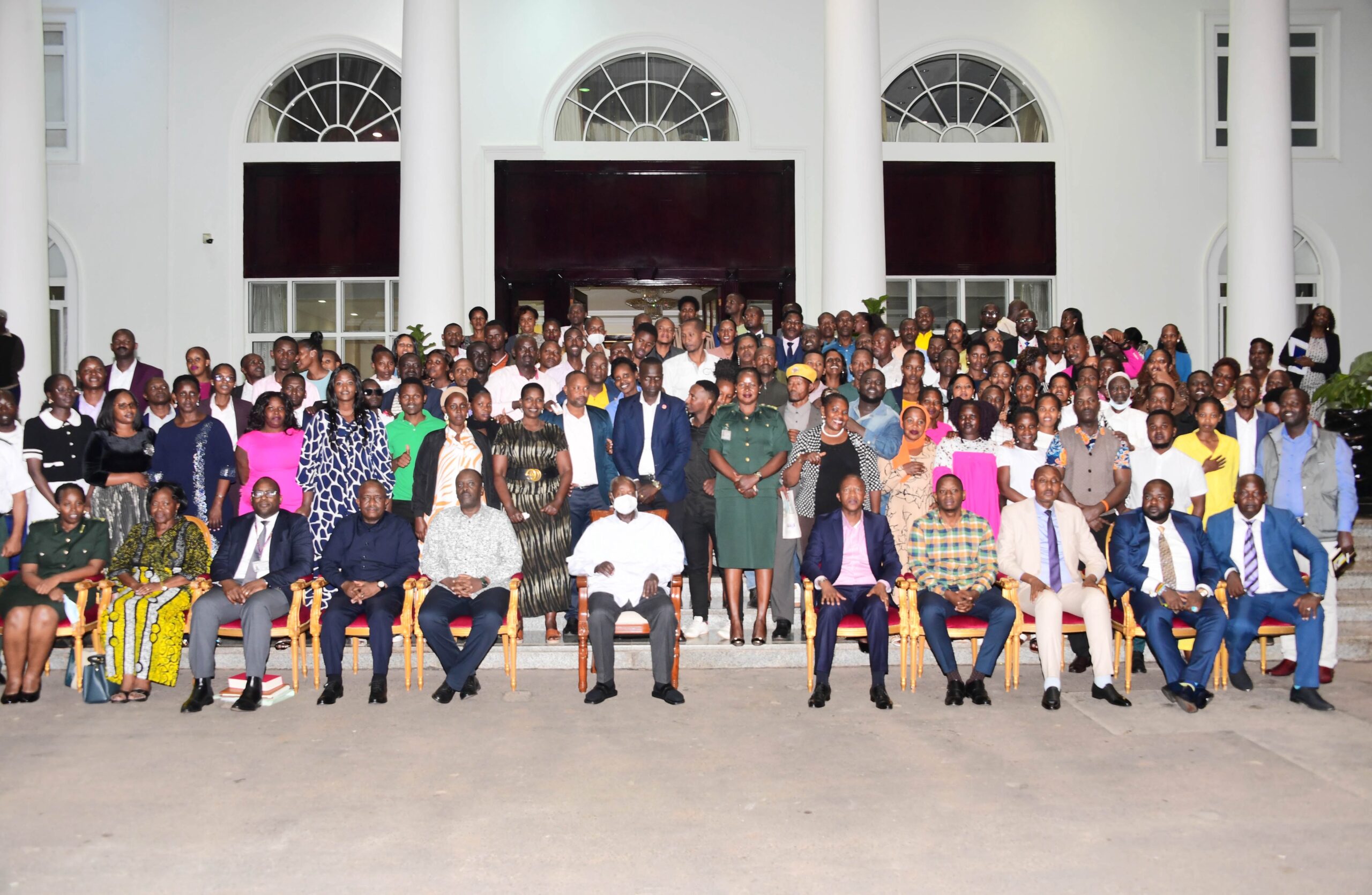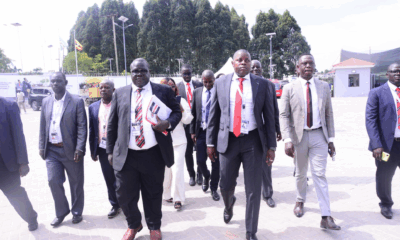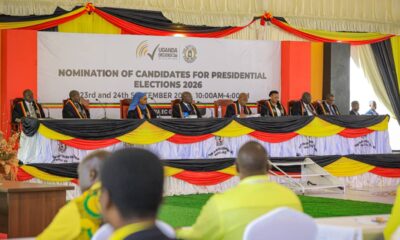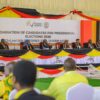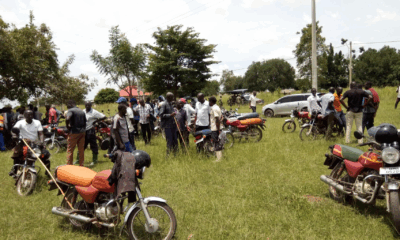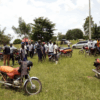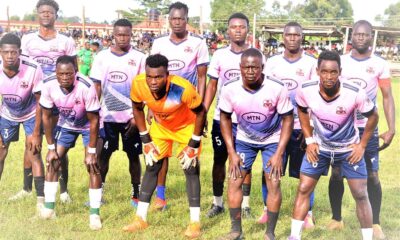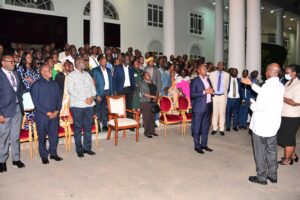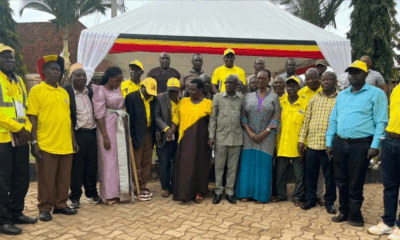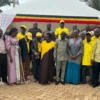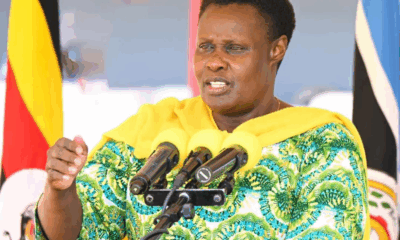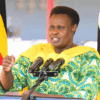News
Museveni Reaffirms Protection for Ugandan Banyarwanda, Stresses Single Citizenship Policy
President Yoweri Museveni met with a delegation from the Ugandan Banyarwanda community at State House in Entebbe, reiterating his commitment to safeguarding their rights and identity as Ugandans. The President emphasised that individuals who have resided in Uganda for decades and are recognised by local leaders should be free from harassment.
“Those who have lived here for decades and are recognised by local leaders should not be harassed,” President Museveni stated, acknowledging the long-standing presence and contributions of the Banyarwanda community within Uganda.
However, President Museveni drew a clear distinction regarding dual citizenship, asserting that individuals must definitively choose between Ugandan and Rwandan nationality. “One must make a choice; you cannot be both,” he declared, drawing parallels to his own identity. “Even I, as a Muhooro, recognise this. If I wish to be Rwandan, I would go to Rwanda, but I cannot claim both identities.” This stance aligns with Uganda’s current citizenship laws, which, while allowing for dual citizenship in some cases, often require specific registration and may not extend to automatic retention of both citizenships, particularly when another nationality is acquired.
To address the ongoing concerns of the Banyarwanda community, which has historically faced challenges related to citizenship and identity, the President announced the formation of a committee. This committee’s mandate will be to ensure fairness and truth prevail in resolving these issues, aiming to provide clarity and protection for the community while upholding the nation’s citizenship laws.
The Banyarwanda community, an integral part of Ugandan society with members contributing across various sectors including business, education, and healthcare, expressed appreciation for the President’s assurance of protection and his commitment to addressing their grievances. Their long-standing struggle for clear recognition has often involved issues with obtaining national identification documents and passports.
This meeting underscores the government’s recognition of the importance of fostering community cohesion and addressing issues of identity and citizenship. By establishing a dedicated committee, the government aims to promote understanding, fairness, and inclusivity, striving to ensure that all citizens, regardless of their background, are treated with dignity and respect under Ugandan law.
Comments



